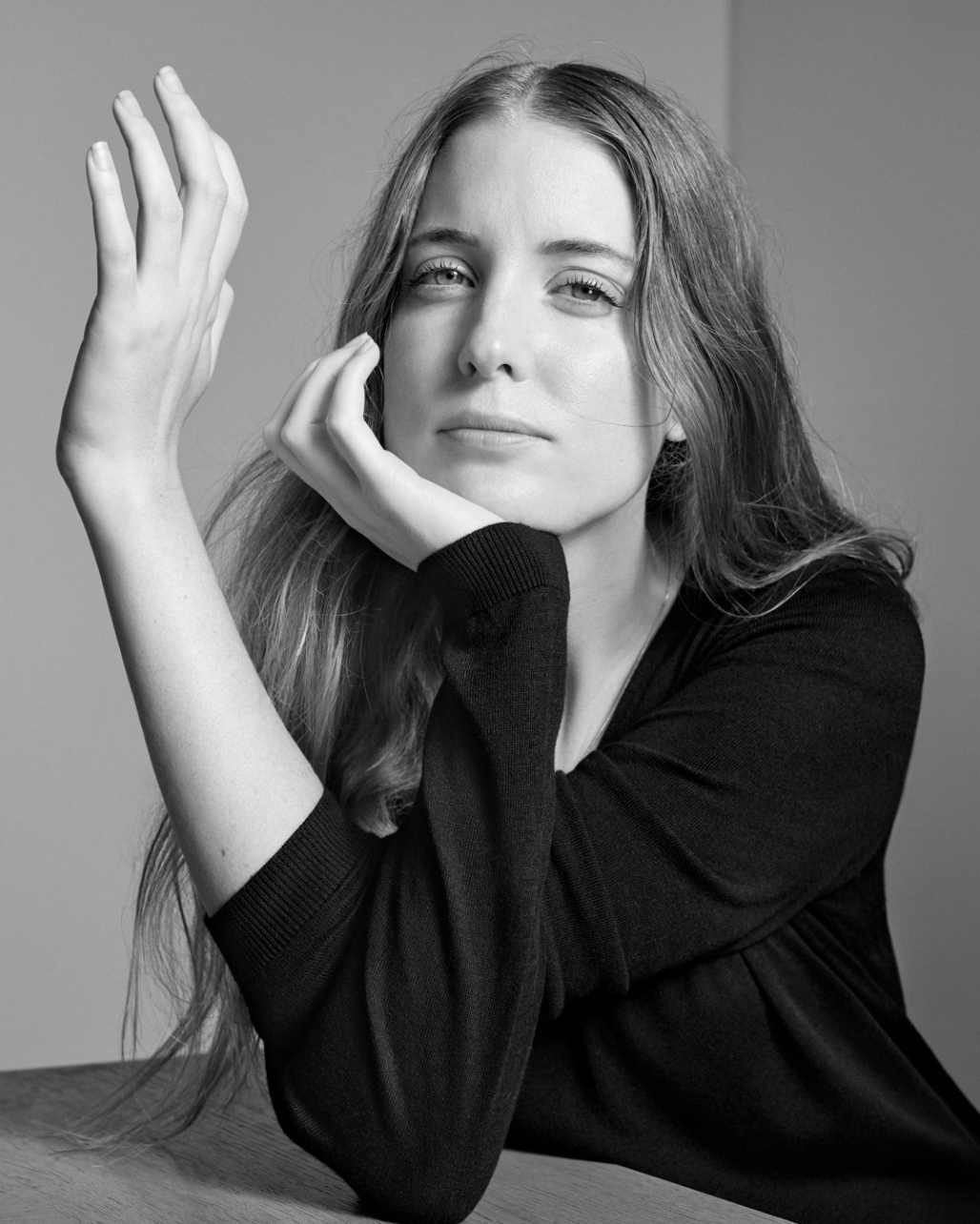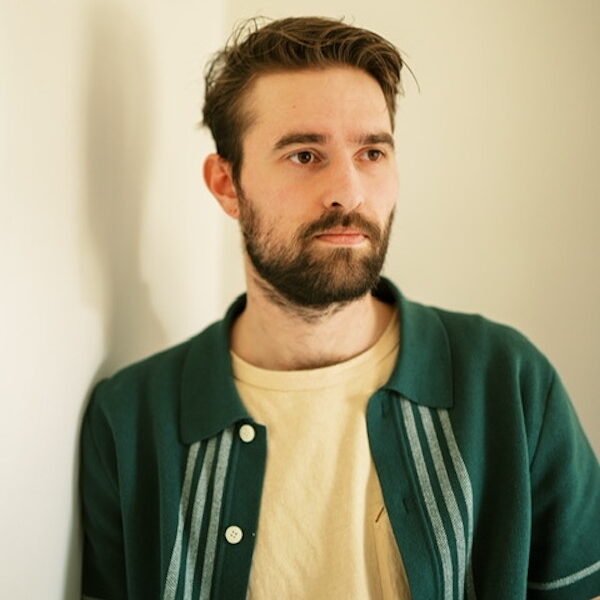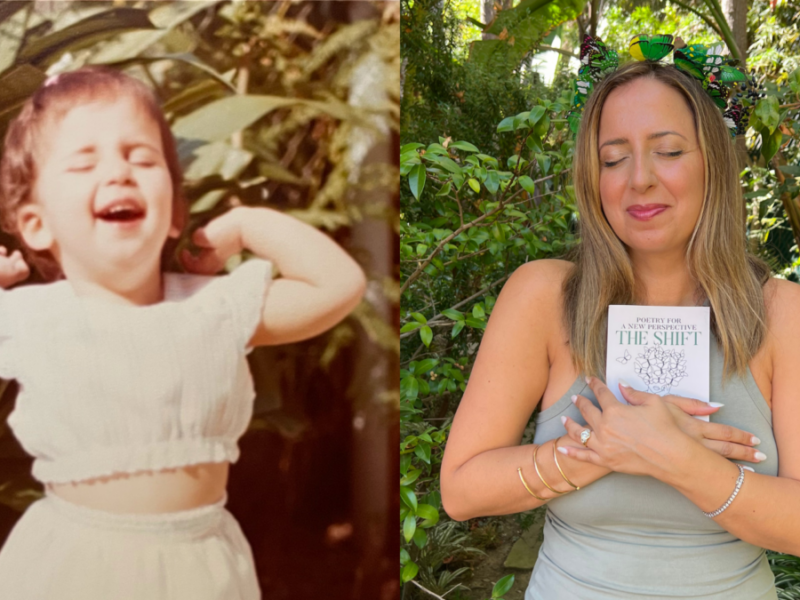From Lawyer to Poet: Leticia Sala Reflects on Being Published
When I began the journey of writing poetry, I thought about what a career would look like. I saw a tradition of publishers and writers, I saw book deals and press tours. I saw a cabin and a typewriter.
Reimagine what today’s writers look like, where their words have taken them. Uncovering the seemingly endless possibilities of what an artist is today, Leticia Sala is a prime example of the unapologetic voice of the future of poetry.
Leticia Sala is a writer from Barcelona. She began publishing her writing on her Instagram account and a few months afterward received an offer from a publisher to bring out her first book, Scrolling after Sex, a compilation of stories and poems, drawings, and photographs. Since that time she has been a full-time writer.
Leticia is a regular contributor to Vogue Spain, writing poems on request as well as think pieces. Her poems have also appeared in Vogue Italy and Vogue International. She also writes scripts, voice-overs and has written songs for internationally renowned Spanish singers, such as Rosalía. She is currently working on her second book.
Shon Houston (SH): The opportunities you are pursuing as a poet are revolutionary. Your campaigns with Gucci and Nike are just a couple that come to mind, what do you feel it is about your work that has brought you that level of clientele?
Leticia Sala (LS): I don’t know whether it is because of my work in particular or because poetry is being integrated into the market on par with the other arts. The power of poetry has been ignored for years, at least in Spain.
It’s so lovely that poetry and literature are being appreciated as tools as powerful as photography, cinema or graphic design in order to reach people. I think that fashion is now taking notice of this power.
SH: At what point did you realize you were developing your brand as a poet?
LS: I became a poet without forethought, simply by sharing my reflections while looking for work as a lawyer. I was lucky that nobody hired me, because from that point on opportunities arose in areas closer to literature. Months later, a publisher approached me and offered to publish my first book.
SH: You recently put out your first published body of work, Scrolling After Sex. How did you decide to make this your first publication?
LS: When the publisher offered to publish my first book, I suggested putting together something with almost all the texts I had written since I was a teenager. I thought about the future me and it seemed right to give her the chance to have a book that would encompass all my hopes and dreams, as well as my blunders, and my passage from childhood to being an adult as seen through my texts.
SH: There are so many writers who can’t identify their own version of progress. How do you measure your own professional progress?
LS: I try to make sure that the unit of measure of my professional progress is based solely on my writing: evaluating whether my technique is improving, whether I can use reality as a source of inspiration and separate myself from it when required by the story, assess whether I can open myself up to writing about new topics. I think that, as a writer, it is the only measure that I should bear in mind, although it is not always that easy and one focuses on other things.
SH: What has allowed you to find the courage to write and share your work in the way that you chose to?
LS: I think that I found the courage as a result of feeling totally lost professionally. Before being a writer, I was a lawyer. There was nothing about my work that I liked, while at the same time, I felt a calling from a place that was undefined and confusing. Writing let me give sense to the way in which I interacted with reality, and, then, with my career.
SH: Reading reviews on your book, one common thread I discovered was how vulnerable readers found your words to be, and I want to know if that is your intention when approaching a piece? What are your intentions when you write?
LS: I try to write out of honesty. I think that is where the purest things come from and what resonates the most with people when they read. And, consequently, I suppose that that makes me vulnerable, although it is not my primary intention.
What I have learned from this process is that our idea of vulnerability is a bit off. We think that by hiding things about ourselves we are protecting ourselves; I think that things work in an entirely opposite way.
SH: From what internal place do you find yourself writing from?
LS: As I mentioned before, I write out of honesty. I also write out of suffering, memories, delirium, the lost paradise of youth, being high on life.
SH: Who/what has inspired your voice as an artist?
LS: Joan Didion, Lucia Berlin, Miranda July, Lena Dunham, Delphine de Vigan, Carmen Laforet.
SH: Do you believe in having a goal as a writer? And if you do, what is your goal?
LS: I write from the soul and try to please a broad public. My goal is to be true to my writing—to keep on writing when I’m not in the mood, when no one encourages me, when what I write isn’t fashionable, when I feel that no one is going to read me.
Perhaps the commitment of a writer is precisely the commitment to keep writing. Every time I understand more why this craft is so hard.




